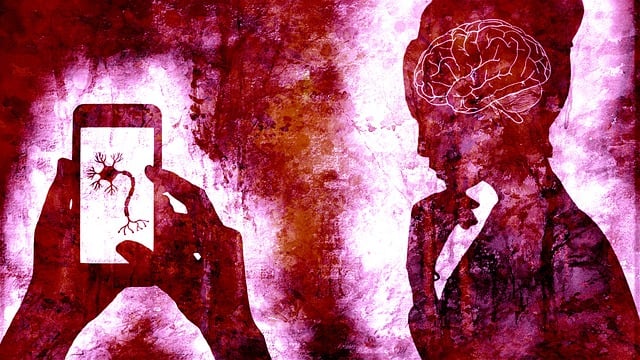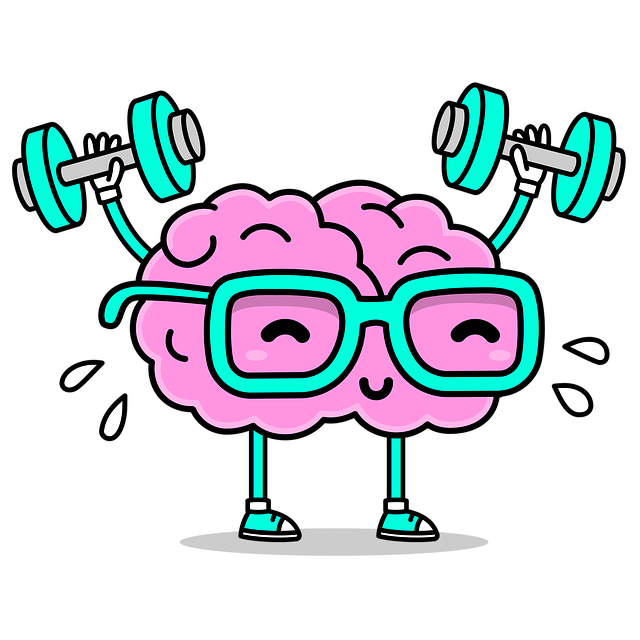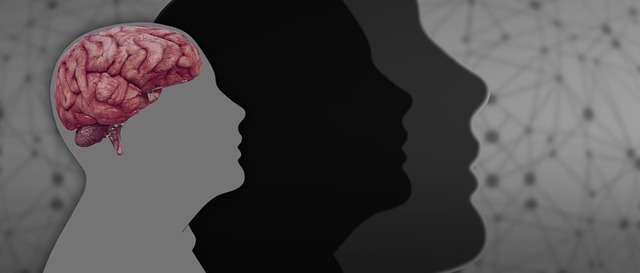In diverse Denver, cultural competency is vital for improving patient experiences in mental health care, especially in Denver Couples Communication Issues Therapy. Biases among healthcare providers can hinder care, so training and resources like the Mental Wellness Podcast Series help professionals understand and address cultural differences effectively. By embracing diversity and using inclusive practices, healthcare providers can enhance satisfaction and outcomes for all Denver patients, reducing stigma and promoting positive mental health discussions.
- Understanding Cultural Competency in Healthcare: A Necessary Foundation
- The Impact of Cultural Biases on Patient Care and Therapy Outcomes
- Denver's Unique Demographic Landscape: Challenges and Opportunities for Providers
- Effective Communication Strategies for Overcoming Couples' Barriers in Therapy
- Training Programs and Resources for Enhancing Cultural Competence
Understanding Cultural Competency in Healthcare: A Necessary Foundation

Cultural competency in healthcare is an essential foundation for providing quality care to a diverse population. It involves understanding and appreciating the cultural beliefs, values, and practices that shape individuals’ health experiences and behaviors. In Denver, where cultural diversity is rich and varied, healthcare providers must be equipped to navigate complex communication issues and address mental wellness concerns across different communities.
The need for Healthcare Provider Cultural Competency Training cannot be overstated, especially in the context of Denver Couples Communication Issues Therapy. By enhancing their cultural awareness, providers can improve patient satisfaction, build trust, and foster meaningful connections. This training equips professionals with tools to manage stress related to cultural differences, ensuring they deliver sensitive, effective care that respects individual and communal nuances.
The Impact of Cultural Biases on Patient Care and Therapy Outcomes

Cultural biases among healthcare providers can significantly impact patient care and therapy outcomes. These biases, often unconscious, can lead to miscommunications and misunderstandings between patients and their caregivers, particularly in diverse communities like Denver. For instance, a therapist with limited exposure to different cultural backgrounds may misinterpret a patient’s non-verbal cues or literal translations, hindering effective treatment for conditions such as anxiety relief or coping skills development. This is especially pertinent in Denver Couples Communication Issues Therapy where both partners bring unique cultural perspectives.
When healthcare providers lack cultural competency, patients from underrepresented groups may face challenges accessing quality mental wellness services. The Mental Wellness Podcast Series Production can serve as a valuable tool to bridge this gap by providing resources that promote understanding and empathy. By addressing cultural biases openly, these podcasts can help professionals learn coping skills development techniques tailored to diverse populations, ultimately enhancing patient care and outcomes.
Denver's Unique Demographic Landscape: Challenges and Opportunities for Providers

Denver’s diverse demographic landscape presents both challenges and opportunities for healthcare providers. With a rapidly growing and increasingly multicultural population, including significant Hispanic, Asian, and LGBTQ+ communities, cultural competency is no longer an option but a necessity. The city’s unique mix of cultures brings a wide range of health beliefs, practices, and communication issues that can impact patient care. For instance, language barriers and different approaches to expressing emotional healing processes and anxiety relief can pose challenges in therapy sessions for Denver couples.
Understanding these cultural nuances is key to delivering effective services. Healthcare providers in Denver have an opportunity to bridge these gaps by learning about various cultural perspectives and incorporating positive thinking into their practices. This not only enhances patient satisfaction but also improves outcomes, especially when addressing sensitive topics related to mental health. By embracing diversity and promoting inclusive care, Denver’s healthcare system can better serve its diverse population, ensuring everyone receives the support they need for emotional well-being and anxiety relief.
Effective Communication Strategies for Overcoming Couples' Barriers in Therapy

In Denver couples therapy sessions, effective communication strategies are pivotal to overcoming barriers and fostering meaningful connections between partners. Many couples struggle with miscommunication due to differing emotional expression styles or unaddressed underlying issues. Therapists play a crucial role in teaching emotional intelligence, helping individuals recognize and articulate their feelings constructively. By facilitating open dialogue and encouraging active listening, therapists create a safe space for couples to explore sensitive topics without fear of judgment. This process not only improves communication but also strengthens the emotional bond between partners.
Additionally, incorporating coping skills development and stress management workshops within the therapy framework can significantly enhance the couple’s ability to navigate challenges together. These strategies empower individuals with tools to manage conflict constructively, promote understanding, and build resilience as a team. With tailored approaches that cater to diverse backgrounds and personalities, Denver couples communication issues therapy becomes an effective gateway to healthier relationships.
Training Programs and Resources for Enhancing Cultural Competence

In the pursuit of delivering exceptional patient care, healthcare providers must be equipped with the skills to navigate Denver couples communication issues and address therapy needs effectively. Training programs focused on cultural competence play a pivotal role in fostering understanding and empathy. These initiatives ensure professionals are attuned to the nuances of diverse communities, enabling them to provide tailored support for mental illness stigma reduction efforts. By delving into interactive workshops, webinars, and online resources, healthcare workers can enhance their abilities to manage stress and promote resilience using evidence-based practices like Mind Over Matter principles.
Resources abound for those seeking to expand their cultural competence toolkit. From local community organizations offering sensitivity training to national platforms providing diverse case studies, there is a wealth of knowledge accessible. These programs not only equip practitioners with the language and tools to address cultural barriers but also foster an environment where every patient feels heard, respected, and understood, ultimately enhancing the effectiveness of stress management strategies in various therapeutic settings.
Cultural competency training is a vital tool for healthcare providers, especially in diverse cities like Denver, where navigating Denver couples’ communication issues and cultural biases is essential for improving therapy outcomes. By understanding demographic landscapes and employing effective communication strategies, providers can create inclusive environments that enhance patient care. Utilizing available training programs and resources equips professionals with the necessary skills to overcome barriers, fostering a more harmonious and successful therapeutic journey for all Denver residents.














